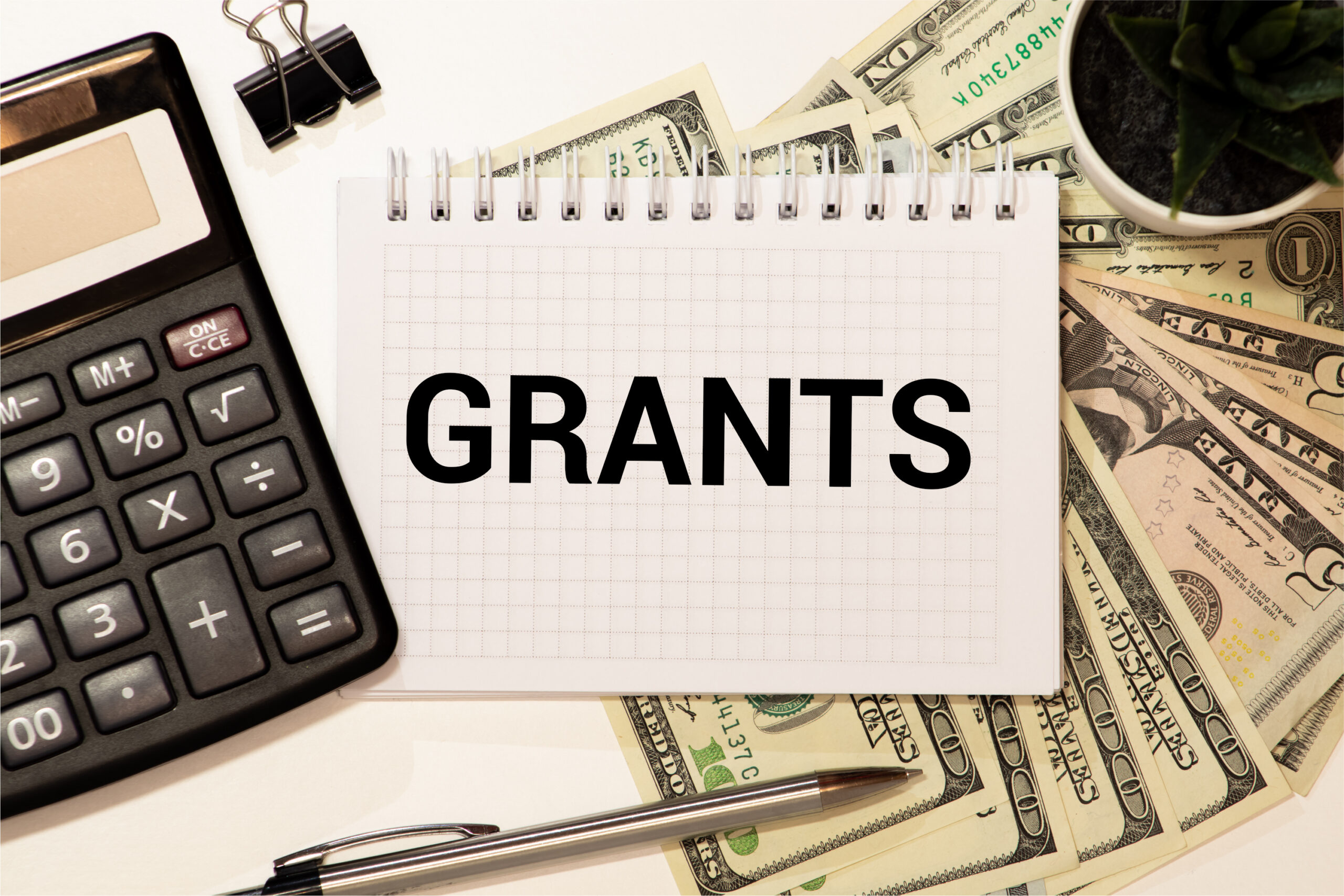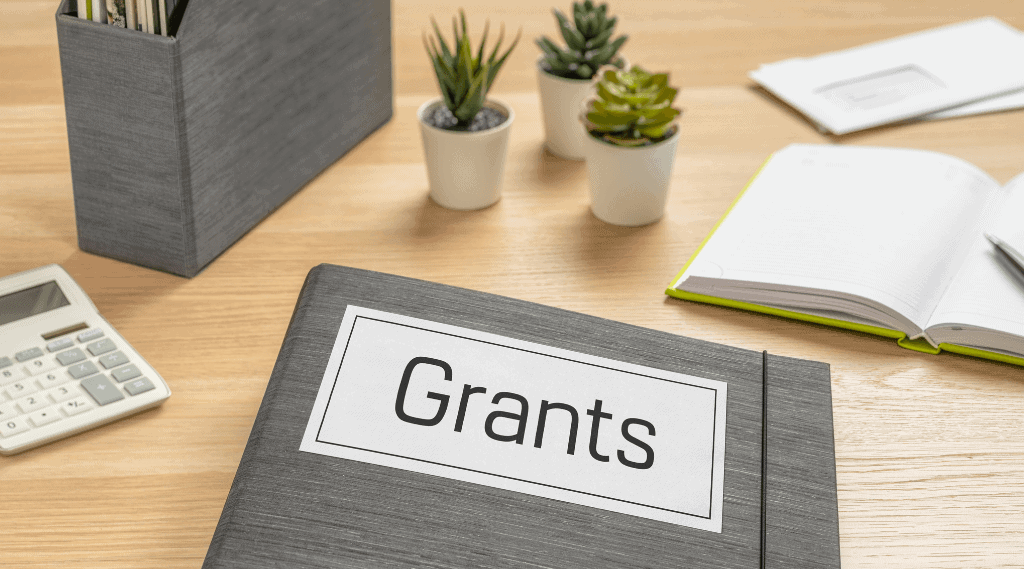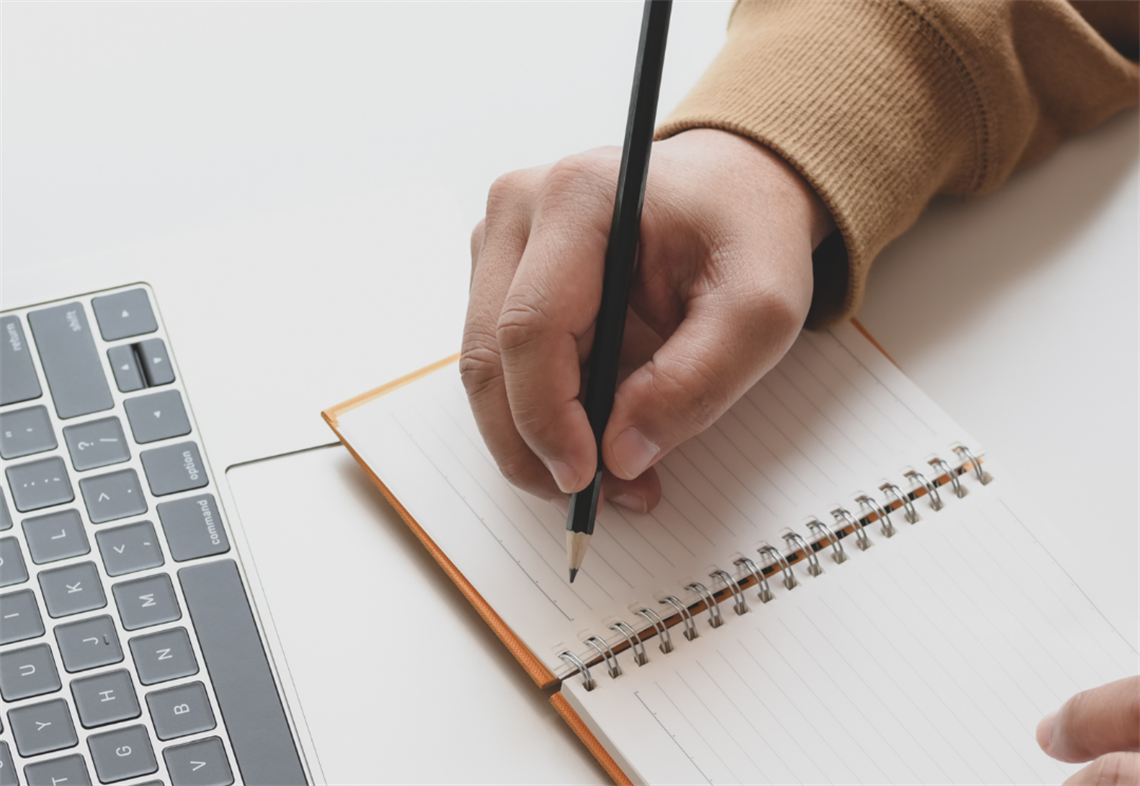Introduction.
Finding the right grant writer can feel like searching for a hidden gem. I know how important it is to have someone who understands your vision and can present your ideas clearly on paper.
A strong grant proposal can be the difference between securing vital funds and missing out on opportunities that could transform your project or organization.
In this post, I share my insights on finding a grant writer who fits your needs, along with practical steps, useful tips, and extra resources to guide you through the process.
Understanding the Role of a Grant Writer
A grant writer is a professional who crafts proposals to help organizations secure funding from private foundations, government agencies, or corporations.
They have a knack for translating your goals into a compelling narrative that resonates with funders.
By doing so, they help your project stand out in a competitive field. Studies have shown that professional grant writers can improve your chance of success by up to 50% compared to submissions without expert assistance.
Just Before You Go
Empower individuals to overcome barriers, gain essential skills, and secure gainful employment through our proven programs—KeelMaster, KeelWings, and KeelMate. Your support can spark change and build brighter futures.
Donate NowYou can read more about the impact of grant writing on funding success on sites like the Grant Professionals Association.
Why Finding the Right Grant Writer Matters
For many nonprofits, educational institutions, or small businesses, funding is a lifeline. A skilled grant writer not only saves you time but also increases your likelihood of receiving a grant.
This role is about more than just writing—it involves research, budgeting, and a deep understanding of the funding landscape.
If you get the right person on board, they becomes a partner in your journey, helping you articulate your needs clearly and convincingly.
Steps to Find a Great Grant Writer
1. Clarify Your Goals and Needs
Before starting your search, think about what you need. Ask yourself:
- What type of grant am I seeking?
- What is the scope of my project?
- What experience do I expect the grant writer to have in my field?
Having clear answers helps me filter out candidates who may not fit the bill. It also ensures that when I speak to potential grant writers, I can explain my project clearly and understand how they might help.
2. Ask for Referrals
I often start by reaching out to my professional network. Friends, colleagues, or industry groups might have worked with grant writers in the past and can offer recommendations.
Personal referrals come with the benefit of a trusted opinion. It’s always good to ask around in local meet-ups or community groups dedicated to nonprofit management or small business development.
3. Explore Online Platforms
Online resources are a treasure trove when searching for professionals. Websites like LinkedIn allow you to search for grant writers based on experience and recommendations. Freelance platforms such as Upwork or Freelancer host profiles of many skilled grant writers. I usually look for:
- Detailed profiles with past work samples.
- Client reviews and ratings.
- Clear information on their fee structure.
Using these platforms gives you a broad view of available talent and helps you shortlist candidates who seem to understand your project’s unique needs.
4. Review Portfolios and Testimonials
Once I have a list of potential candidates, I make sure to review their portfolios. A good portfolio will include examples of successful grant proposals and case studies that detail past achievements.
Testimonials from previous clients offer insight into their working style and reliability. If a grant writer has a proven track record of success, it builds my confidence in their ability to deliver a compelling proposal.
5. Conduct Interviews
A face-to-face meeting or a video call can be very revealing. I use these interviews to ask about their process, experience in my specific area, and ideas for approaching my project. It’s important to discuss:
- How they research funding opportunities.
- Their approach to budgeting and aligning the proposal with funding guidelines.
- Examples of challenges they’ve overcome in past projects.
This step not only verifies their expertise but also ensures that you can build a good working relationship. Trust and communication are key in any collaborative effort.
6. Understand Fee Structures
Grant writers may charge by the hour or per project or even take a contingency fee in some cases. I always ask for clear, written estimates.
Make sure you understand what is included in their fee and if there are any additional costs. This clarity prevents misunderstandings and helps you budget appropriately.
Where to Look for Grant Writers
Aside from personal referrals and online freelance sites, there are other venues to consider:
- Professional Associations: Organizations like the Grant Professionals Association or local nonprofit networks often have directories of experienced grant writers.
- Workshops and Webinars: Many grant writers offer free workshops or webinars. Attending these sessions can provide a preview of their expertise and communication style.
- Social Media Groups: Communities on Facebook or LinkedIn that focus on nonprofit management or fundraising can be useful places to ask for recommendations.
These options provide additional ways to connect with professionals who have a proven background in the field.
Tips for a Successful Partnership
Once you find a grant writer who looks promising, here are some ideas to ensure the collaboration goes smoothly:
- Set Clear Expectations: Write down your project’s goals, deadlines, and any specific requirements. A clear brief helps the grant writer deliver exactly what you need.
- Keep Communication Open: Regular check-ins can prevent small misunderstandings from growing into big issues. Make sure you’re both on the same page throughout the project.
- Be Open to Feedback: A good grant writer might suggest adjustments to your proposal or offer insights into improving your project’s narrative. Embrace their suggestions as part of the process.
- Review Drafts Together: Before finalizing the proposal, go over the drafts together. This ensures the final document truly reflects your vision and meets all necessary guidelines.
Additional Resources
To help you dive deeper into this subject, here are some additional resources that I find useful:
- Grant Professionals Association: A great place to learn about professional standards and network with experienced grant writers. Visit their website.
- GrantSpace by Candid: This resource offers training, tools, and data to help you understand the world of grants. Explore GrantSpace.
- Nonprofit Ready: They provide free online courses on grant writing and fundraising which can be a good starting point if you’re new to the process. Learn more at Nonprofit Ready.
These resources provide a mix of professional guidance, educational materials, and community insights that can help you understand both the art and science behind a successful grant proposal.
FAQs
What does a grant writer do?
A grant writer researches funding opportunities, writes proposals, and helps organizations compellingly present their projects to secure grants. Their work includes gathering data, budgeting, and aligning the project with the funder’s requirements.
How do I know if a grant writer is the right fit for my project?
Look for experience in your field, check their portfolio, and read client testimonials. A good fit is someone who understands your vision, communicates well, and shows a track record of successful proposals.
How long does it take to write a grant proposal?
The time required can vary. For smaller projects, it might take a few weeks; larger projects may require a month or more. This depends on the complexity of the grant and the writer’s experience.
What is the average cost of hiring a grant writer?
Costs vary based on experience, project complexity, and the fee structure used. Some grant writers charge hourly rates, while others offer a flat fee for a complete proposal. It’s important to get a detailed estimate upfront.
Can I work with a grant writer on multiple projects?
Yes, many organizations build long-term relationships with grant writers. Working on multiple projects together can help the writer better understand your mission and improve the overall quality of your proposals.
In Conclusion
Finding the right grant writer is an essential step in securing funding for your project. I have learned that the process is as much about finding a skilled professional as it is about building a relationship based on trust and clear communication.
Taking the time to review portfolios, conduct interviews, and clarify fee structures will save you time and ensure that your project is in the hands of someone who truly understands your needs.
The right grant writer not only brings expertise in crafting proposals but also a passion for helping your vision come to life.
As you explore these options and consider your next steps, I invite you to think about your own project’s needs. With so many talented professionals out there, the right match is waiting to be found.
Just Before You Go
Empower individuals to overcome barriers, gain essential skills, and secure gainful employment through our proven programs—KeelMaster, KeelWings, and KeelMate. Your support can spark change and build brighter futures.
Donate Now



